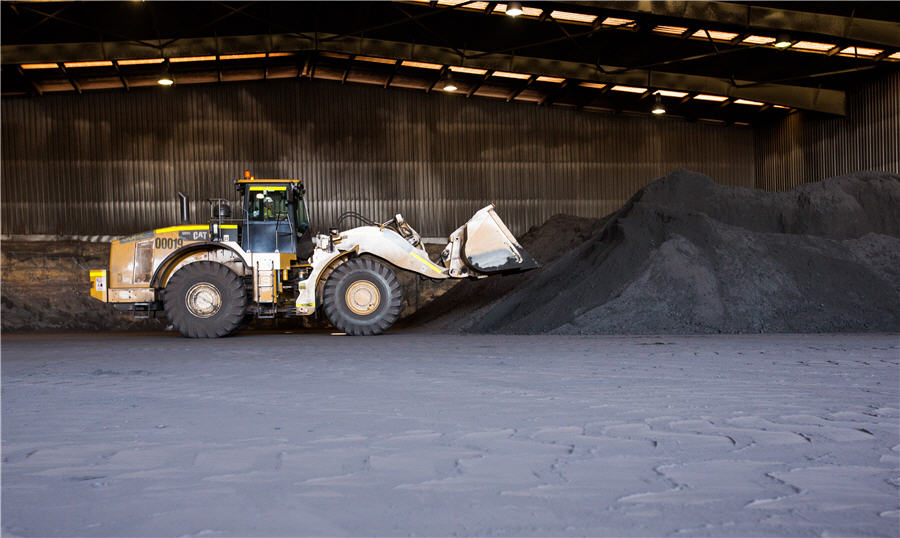Supply squeeze drags copper treatment charges below $20 a tonne

Extremely tight copper mine supply has pushed spot treatment charges for concentrate to their lowest in more than a decade, with three sources reporting miner-trader deals of less than $20 a tonne in recent tenders.
Treatment and refining charges (TC/RCs) paid by miners to smelters to process ore into refined metal rise when supply is plentiful and fall when smelters are forced to compete for scarce material.
Copper shortages helped to power a rally in refined prices to a decade high of $9,617 a tonne last month, with many analysts predicting further gains.
Spot TCs in China, home to around half of the world’s copper smelting capacity, are at their lowest since October 2010 at $33.50 a tonne, industry information provider Asian Metal said. S&P Global Platts assessed
China spot copper TCs lower at $30.90 a tonne on Thursday.
The sources said traders were accepting even lower rates to secure supply.
Antofagasta’s Centinela mine in Chile tendered 10,000 tonnes last week for April in the high $10s, two sources with direct knowledge of the matter said.
One of the sources, speaking on condition of anonymity, said traders were willing to take $20 and below for ore with few impurities.
Antofagasta Chief Financial Officer Mauricio Ortiz said he could not disclose details of the sale, but that “the market is positive from our point of view”.
An Asia-based trader said another recent tender for South American concentrate had gone for a TC of $19 a tonne.
While good news for miners, low TC/RCs are squeezing smelters’ margins.
The China Smelters Purchase Team (CSPT), a group of state-backed copper producers, is set to meet later this month to decide its second-quarter floor price for TC/RCs, to which members are meant to adhere.
Its first quarter floor is $53 a tonne.
“No Chinese smelter is ready to accept a number below $30,” a source close to the CSPT said, declining to be identified due to the sensitivity of the matter.
(By Zandi Shabalala, Tom Daly and Melanie Burton; Editing by Pratima Desai and Barbara Lewis)
{{ commodity.name }}
{{ post.title }}
{{ post.date }}




Comments